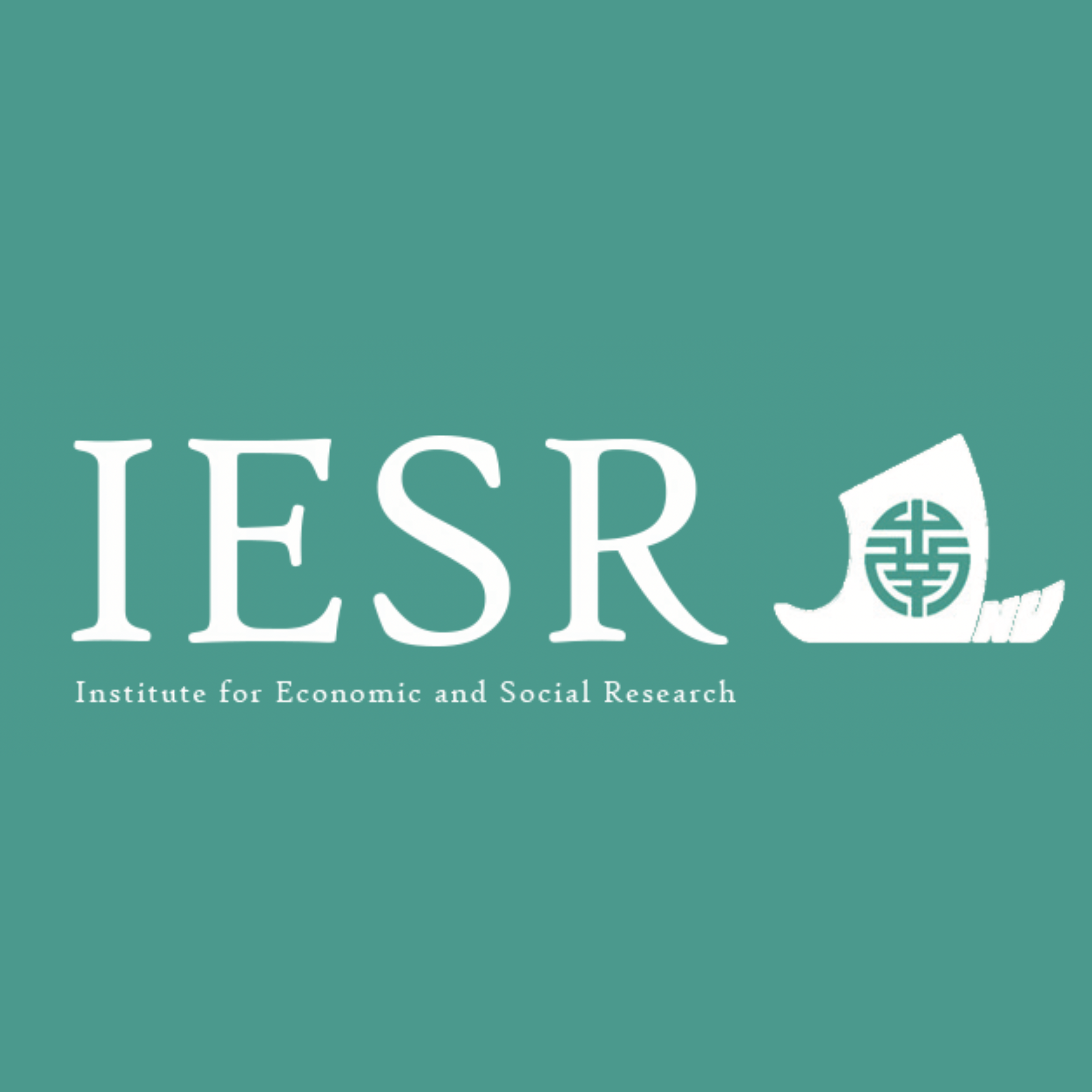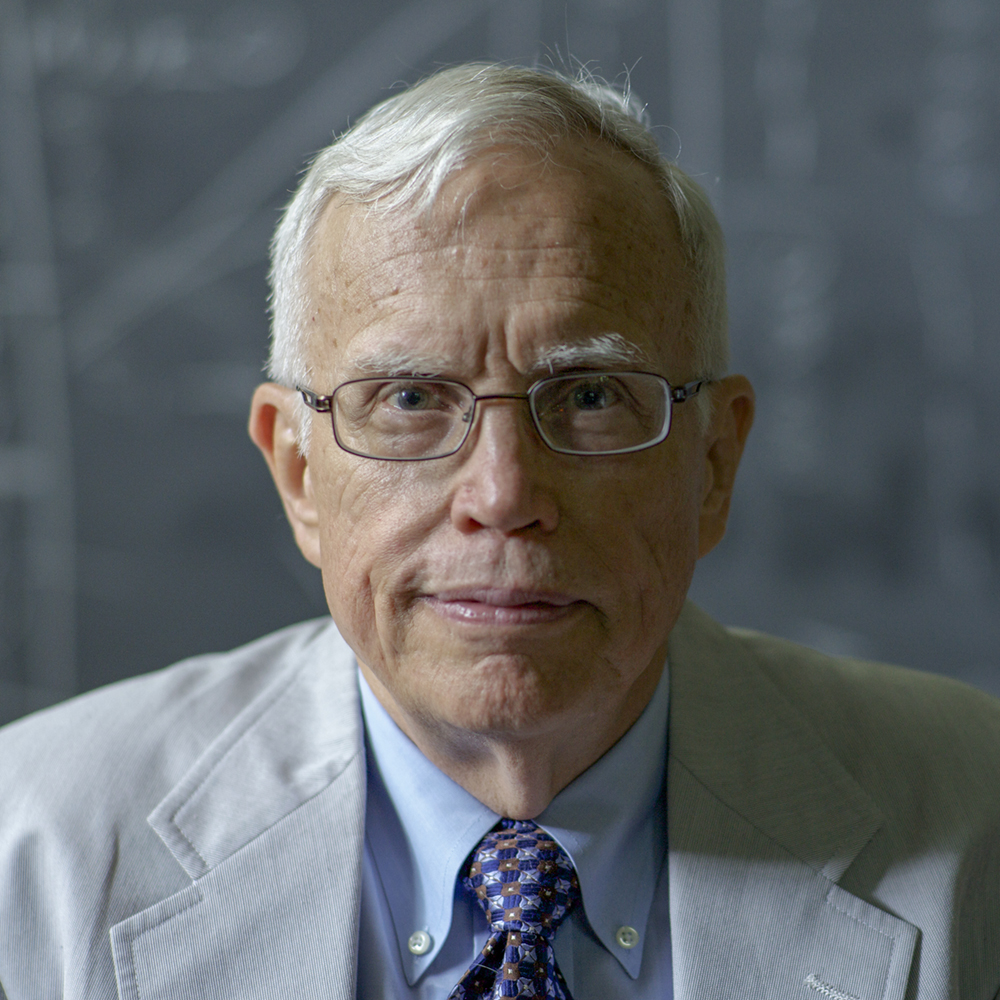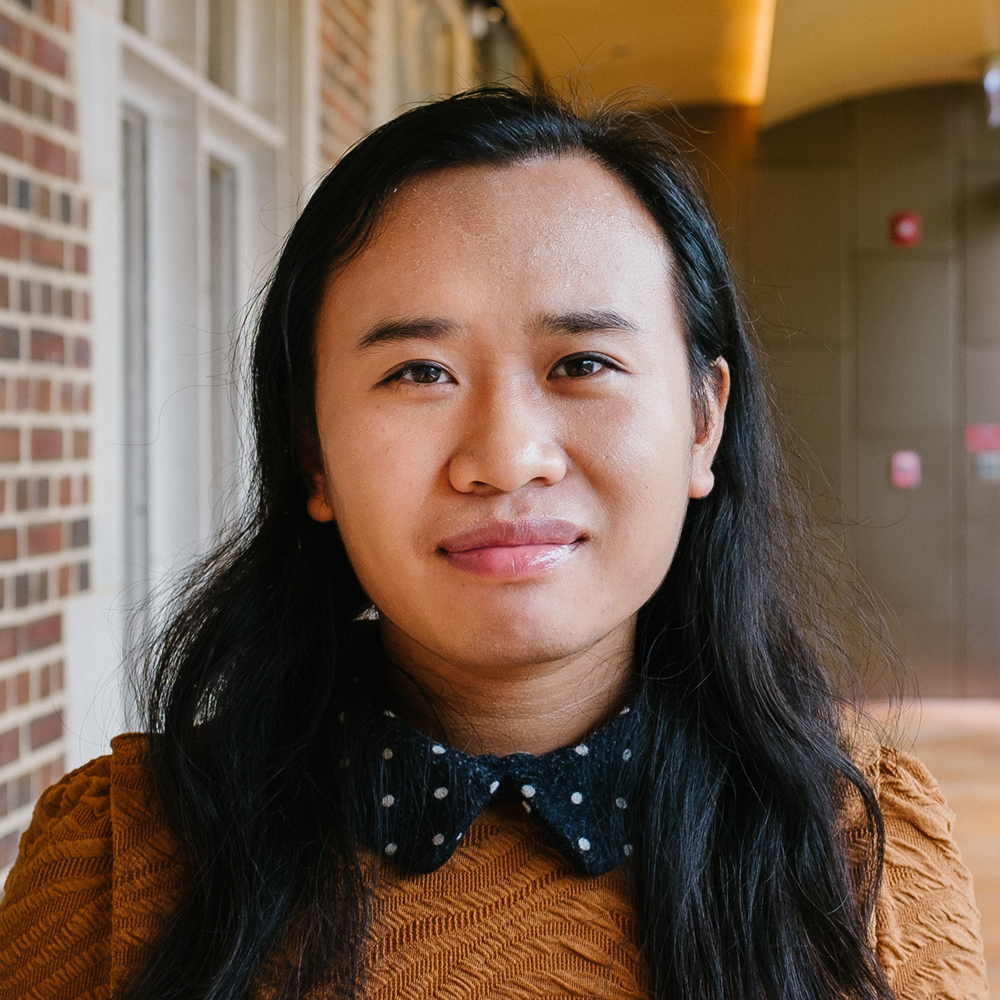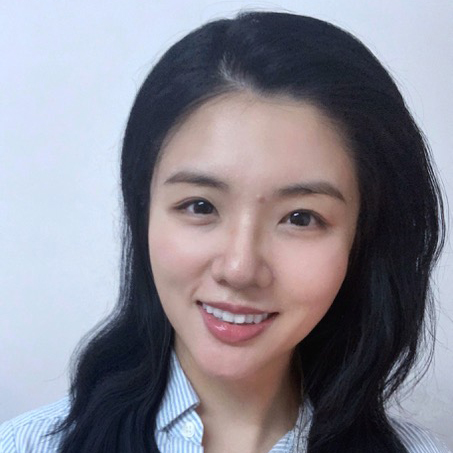The Mianzhu Study
The Mianzhu study, a collaboration between the Institute for Economic and Social Research (IESR) at Jinan University (headed by Shuaizhang Feng) and the local education bureau in Mianzhu, is supported by Jinan University.
The study was designed to capture the development of attributes of students in rural China. In the initial waves, around 6,000 students in grades 4-6 in sixteen primary schools and their guardians and head teachers were surveyed on topics related to children’s development. These initial cohorts are being followed in a longitudinal study through middle school and into high school. An additional wave of data collection will include a new cohort of students in grade 1 to be followed through subsequent collection years. Administrative data is collected on grades, absences, disciplinary records, mental and physical health measures, student depression, parental income and education, parental investment, parenting style, and parental personality traits. Across all waves, we have begun and will continue to collect information related to student development. In addition, children, guardians, and head teachers will complete an adapted version of the Big Five Inventory 2 (BFI-2) as well as a nine-item inventory drawn from the Qingnian Zhongguo Personality Scale (QZPS) as a culturally-adapted alternative to the Big Five. The third wave introduced questionnaires designed to elicit economic preferences for time, risk, altruism, trust, and positive and negative reciprocity. Future data collection is planned to assess Executive Functioning (EF) skills.
Analysis of the Mianzhu data allows us to answer questions about human decision making in economic preference tasks; the development of attributes including personality traits, EF skills, economic preferences; and the role that parent-child interaction plays in early childhood development.
Project Team
Project Partners






